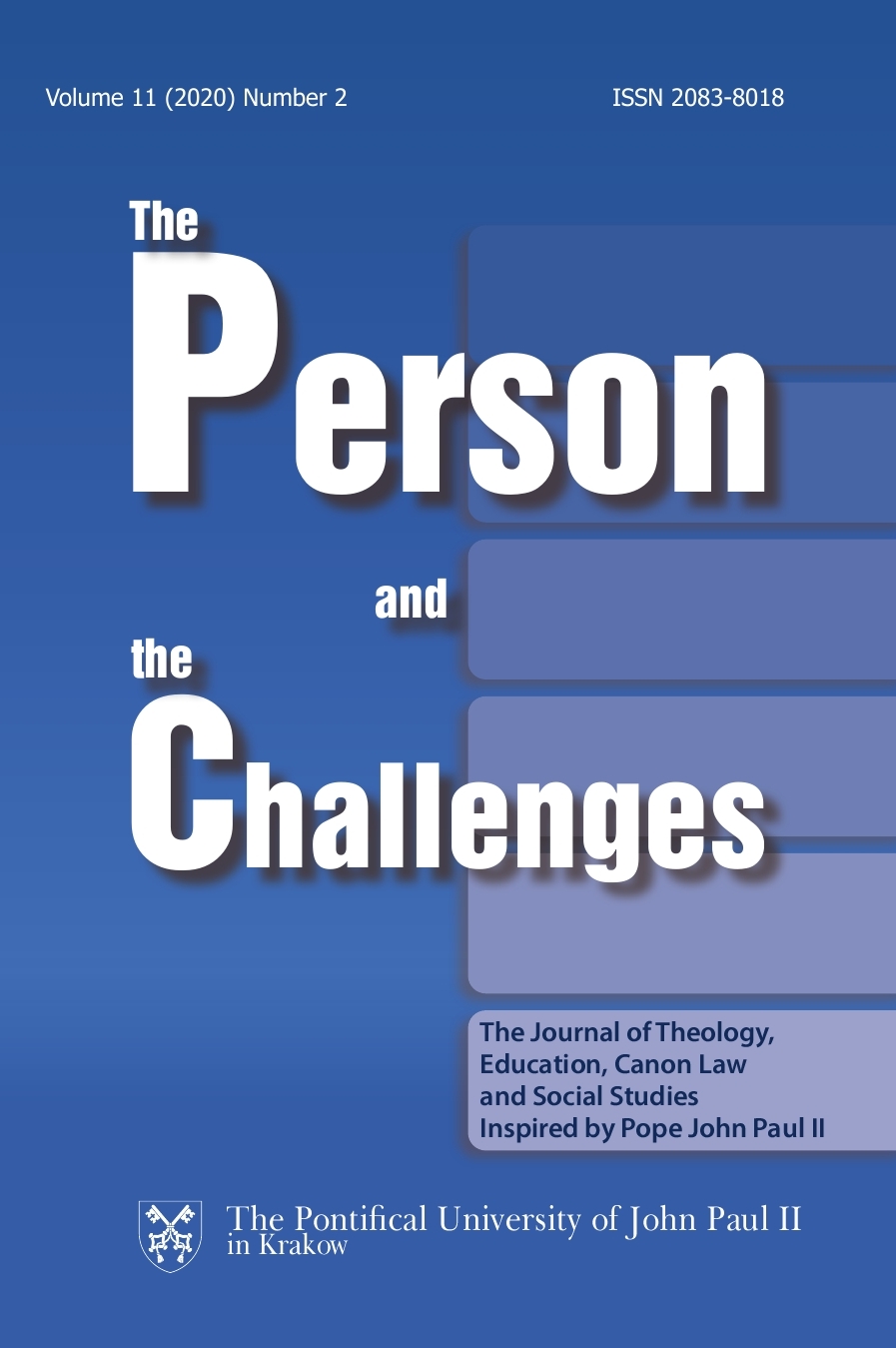Relational Family Therapy in the Treatment of Sudden Cardiac Arrest Survivors and their Relatives
Relational Family Therapy in the Treatment of Sudden Cardiac Arrest Survivors and their Relatives
Author(s): Meta Košir, Barbara Simonič, Christian Gostečnik, Marko Noč, Špela Tadel Kocjančič, Anja Jazbec, Klementina Dovečar, Anja Kotnik, Polona Kotnik, Špela Kropivnik, Helena Smonkar, Julija Vačovnik, Karmen Vehovar, Tanja PateSubject(s): Christian Theology and Religion
Published by: Wydawnictwo Naukowe Uniwersytetu Papieskiego Jana Pawła II w Krakowie
Keywords: Family; psychotherapy; sudden cardiac arrest; trauma; task analysis;
Summary/Abstract: Sudden cardiac arrest is the most common single cause of death in the contemporary world, but the proportion of survivors is increasing thanks to modern intensive methods of hospital treatment. However, data show that survivors experience high rates of neurological and cognitive deficits and poorer emotional well-being, which is a major challenge in treating these individuals and encouraging their integration in everyday life. These issues range from a number of emotional problems, such as anxiety and depression, to lower levels of participation in social life and a low rate of return to their workplace. The need for security and support increases because of the feelings of insecurity, vulnerability and fear of the recurrence of symptoms. Relatives/caregivers who report emotional problems and a higher level of post-traumatic stress are physically and mentally burdened, too. Hence, sudden cardiac arrest is a life-threatening event which is traumatic for survivors and their close relatives. It triggers strong emotional responses that are characteristic of all types of trauma (reliving the trauma, avoidance, negative thoughts and mood, increased agitation). People who have survived trauma thus suffer long-term effects, which are reflected in various dysfunctional behaviours and activities due to inadequate regulation of affective states. Because of these issues, there is a need for effective interventions that can psychologically help patients and relatives after surviving sudden cardiac arrest. In this paper, we will present the model of Relational Family Therapy, which can enable survivors and their relatives to appropriately emotionally-affectively process this experience and thus more appropriately integrate into a new way of life. With the qualitative research method of task analysis, we will show the process of change, which is based on the establishment of a new regulation of affect and allows in-depth processing of difficult emotional states after this event.
- Issue Year: 11/2021
- Issue No: 1
- Page Range: 249-270
- Page Count: 22
- Language: English

